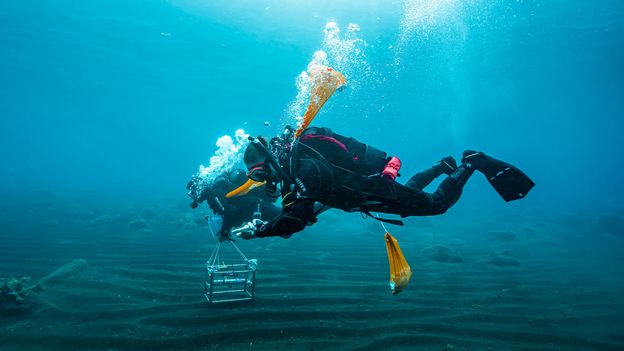Summary
Scientists are exploring the potential of microbes, particularly cyanobacteria, to help address climate change and other environmental challenges. A new strain of cyanobacteria discovered near Sicily was found to consume carbon dioxide (CO2) rapidly through photosynthesis, converting it into biomass. These microbes can capture more carbon in a shorter time frame and can be grown in non-arable land or seawater, not competing with food production. Researchers are creating a “living database” to share DNA sequences, allowing scientists worldwide to continue studying these microbes. Microbes can also be used to address the decline in pollinator populations, offering a multifaceted approach to environmental issues.



I do recall reading about some that can digest plastic a while back… but they weren’t especially efficient at it and if given the opportunity to digest something more conventional, they’d prioritize that. I also don’t recall what the plastic was broken down into.
At the very least it’s a lead, if not actually a solution.